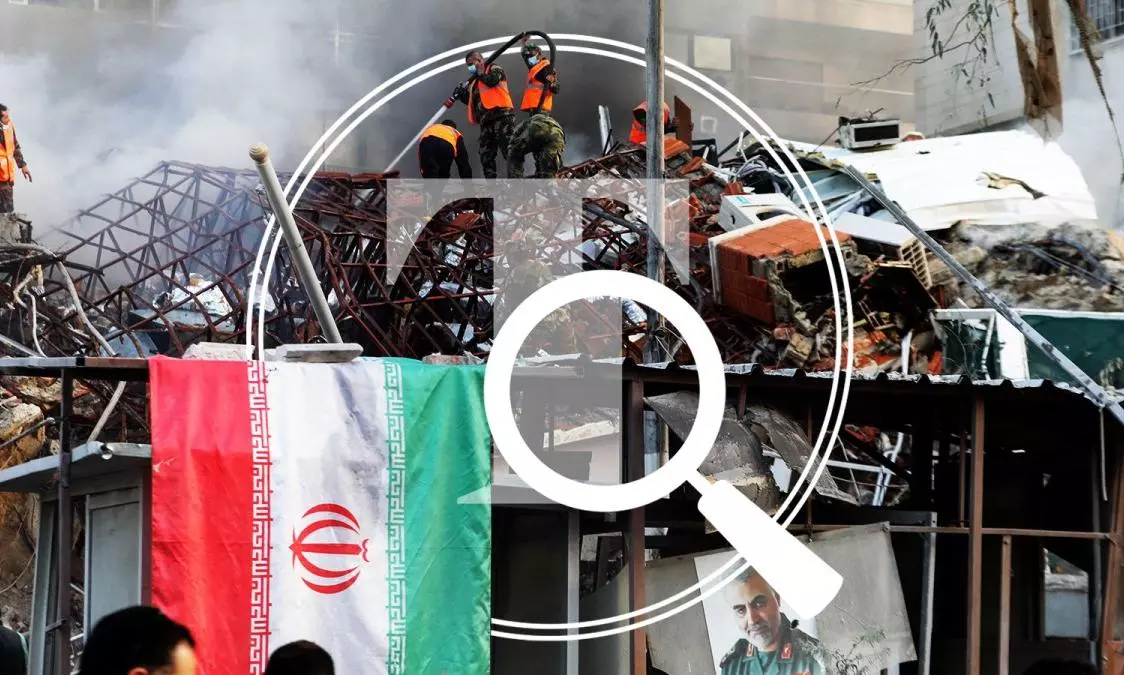
US on high alert after Iran asks to ‘step aside’ as it plans to attack Israel
text_fieldsThe US is reportedly on high alert following Iran's call to step aside after a suspected Israeli attack on its consulate in Syria, prompting Iran to prepare a response, while Hezbollah, its prominent proxy in the region, has issued a stark warning to Israel, signalling readiness for conflict.
Iran's message to Washington, conveyed by Mohammad Jamshidi, the Iranian president's deputy chief of staff for political affairs, reportedly cautioned the US against involvement in what it termed as Israeli Prime Minister Benjamin Netanyahu's agenda. Iran urged the US to refrain from interference to avoid potential retaliation.
In response, the US is said to have urged Iran to avoid targeting American interests, as tensions continue to mount in the region. However, the US has yet to officially comment on the alleged communication from Iran.
Reports from CNN and NBC suggest that the US is on high alert, anticipating a significant response from Iran, potentially targeting Israeli or American assets. Concerns within the Biden administration revolve around the possibility of attacks within Israel, particularly against military or intelligence installations.
The Biden administration's attempt to communicate directly with Iran underscores efforts to mitigate the risk of escalation, particularly to safeguard US forces and bases in the Middle East.
Meanwhile, Iran has vowed to retaliate against Israel, labelling it as its archenemy. The timing and nature of Iran's response remain uncertain, leaving speculation about a direct attack on Israel or through its proxy groups like Hezbollah.
The recent airstrike on the Iranian consulate in Damascus, which claimed the lives of at least seven Iranians, including two generals, marks a significant escalation. While Israel has previously targeted Iran-affiliated assets in Syria, this strike represents the first direct attack on an Iranian diplomatic facility.
In response to heightened tensions, Israel has taken defensive measures, including cancelling leave for combat troops, mobilizing reserves, and strengthening air defences. Additionally, Israel has disrupted navigational signals over Tel Aviv to counter potential threats from GPS-guided drones or missiles.
Hezbollah's leader, Hassan Nasrallah, has affirmed Iran's impending response while distancing his group from the decision-making process. Nasrallah emphasized Hezbollah's readiness for conflict, highlighting the coordinated efforts of Iran-backed resistance groups in the region.
Despite ongoing skirmishes along the Lebanon-Israel border, Hezbollah claims to have refrained from deploying its primary arsenal, indicating a strategic stance in the face of escalating tensions.























